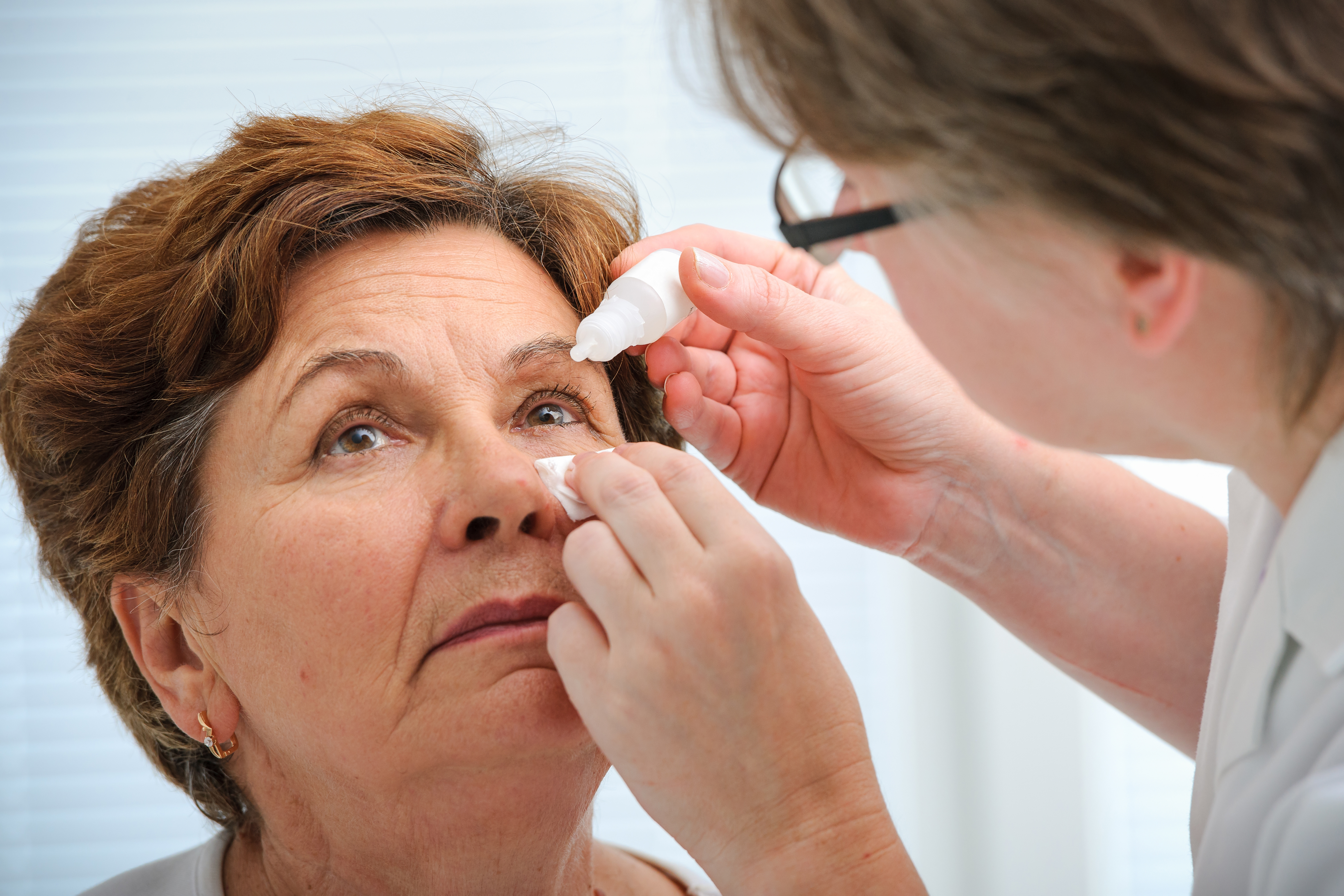
Diagnosis and treatment
Diagnosing aged-related macular degeneration (AMD)
The optometrist at your local optician’s practice can test sight, prescribe glasses and check for eye disease. Some optometrists use photography or other imaging to detect early signs of age-related macular degeneration (AMD). These might include optical coherence tomography (OCT) scans which create cross-sectional images of the retina. You may be charged for these tests.
Dry AMD
There is currently no treatment available for dry AMD, so you might not be referred to a hospital unless confirmation of the diagnosis is required or the optometrist thinks you need a hospital low vision service. If your sight has worsened and you would like to be registered as sight impaired you will need a hospital appointment.
Wet AMD
If your optometrist suspects you have wet AMD you should be referred to a retinal specialist at a hospital directly and seen within one to two weeks. If you need treatment, it should happen within two weeks of diagnosis. You should not be sent to your GP as this causes unnecessary delay.
At hospital further tests will confirm the diagnosis. The specialist may use:
- eye drops to dilate the pupils to see the back of the eye clearly. These may make your vision blurred and sensitive to light for a short time so consider taking someone with you
- OCT scans
- fluorescein dye angiography. A dye injected into a vein in the arm travels to the eye, highlighting the blood vessels in the retina so they can be photographed. The dye will temporarily change the colour of your urine, so be prepared!
Diagnosing other macular conditions
The optometrist at your local optician’s practice can test sight, prescribe glasses and check for eye disease. Some optometrists use photography or other imaging to detect early signs of age-related macular degeneration (AMD). These might include OCT scans which create cross-sectional images of the retina.
Other macular conditions, including macular dystrophies, are diagnosed differently.
Have you got more questions about how macular disease is diagnosed?
Contact the Macular Society Helpline on 0300 3030 111 or help@macularsociety.org
How is macular disease diagnosed?
Learn how macular disease is diagnosed through various tests and examinations. Optometrists and specialists can use photography or other imaging to detect early signs of macular degeneration.
What to do after diagnosis
Find advice on what to do after a diagnosis of a sight loss condition. Macular Society is here to guide you through what to do next and to help you get any support you may need.
Treatments
Read more about treatments available for patients with macular conditions, including wet AMD. Get expert insights from the Macular Society on the latest research into treatments.
Who’s who in eye care
The health care system can be difficult to navigate and you might not know who to speak to, to get the right help. Understand the key roles in eye care, from optometrists to ECLOs, and who can help.
Free confidential advice and support
Call our helpline on 0300 3030 111
Lines are open 9am - 5pm Monday to Friday
About the Macular Society Helpline





